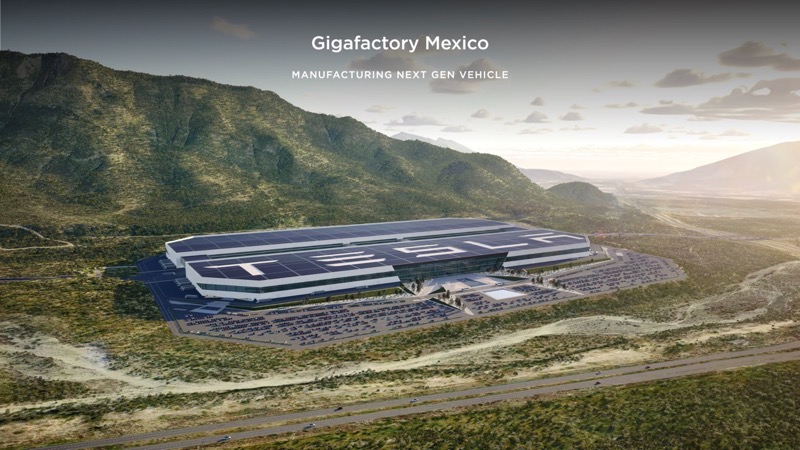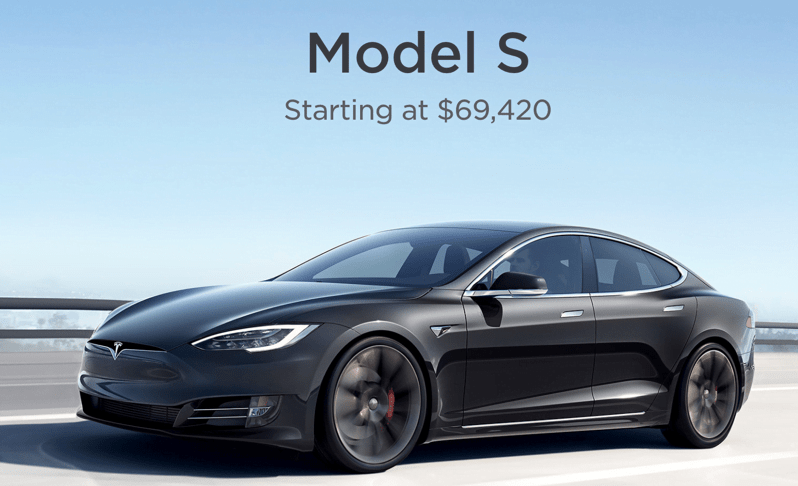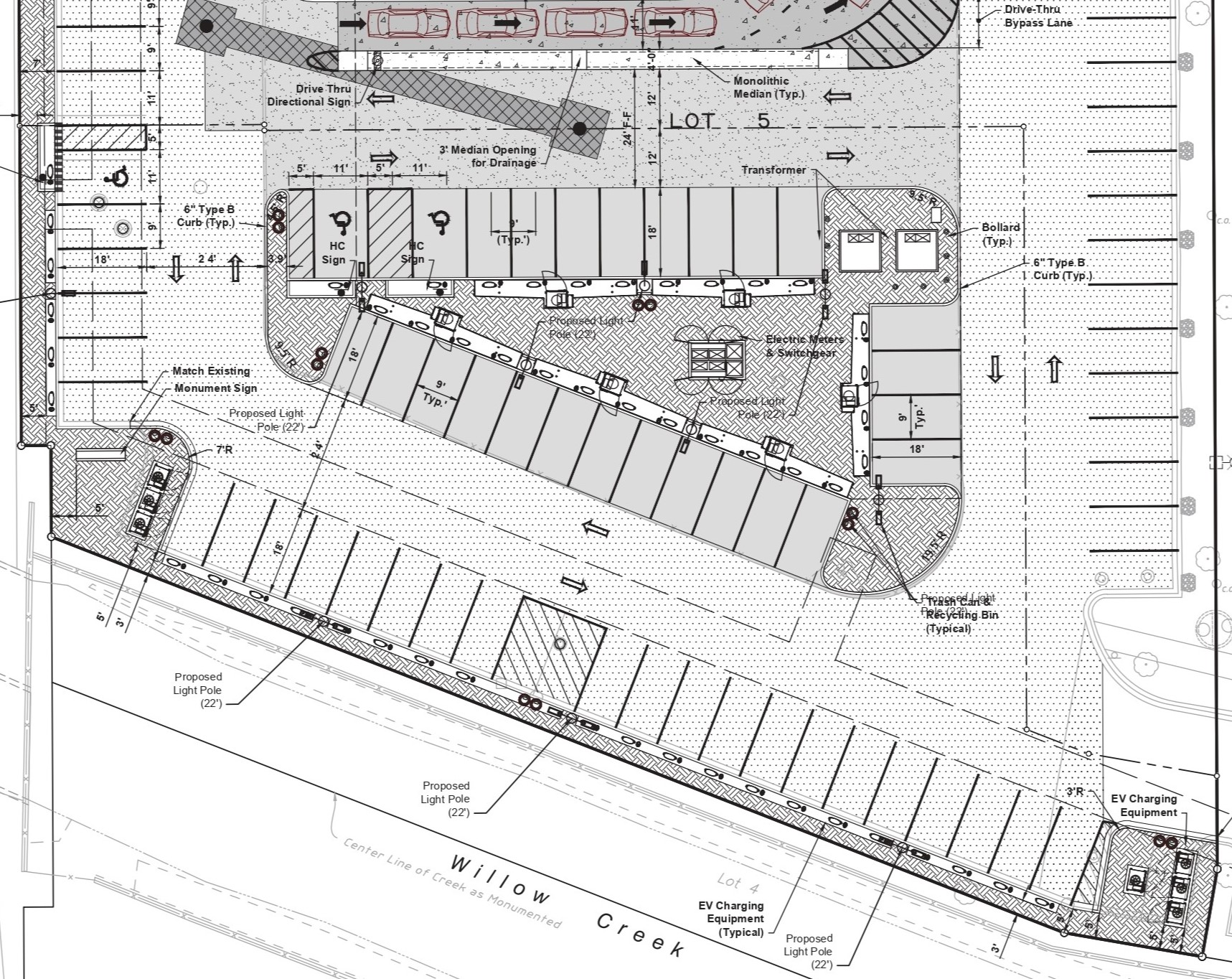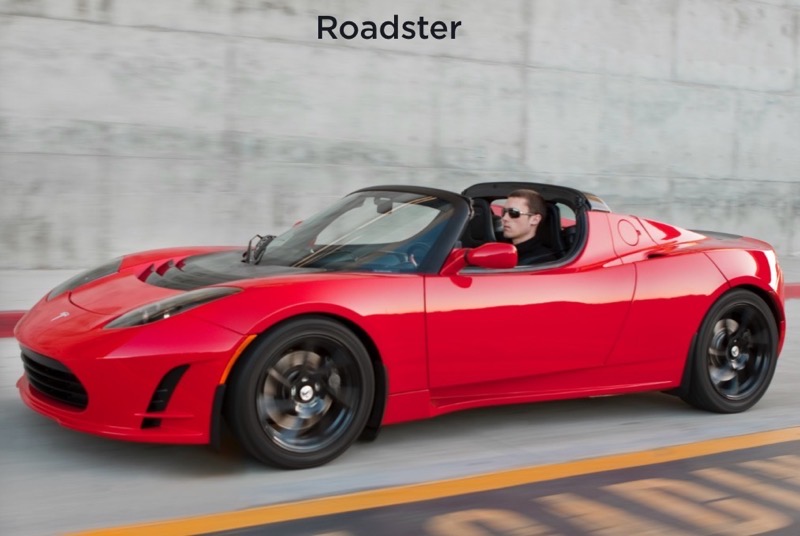
Tesla Recalling 30,000 Imported Model S and Model X in China [Update]

It’s apparently recall season for Tesla and other electric vehicle (EV) brands, with a new recall having been issued on Friday.
Almost 30,000 Tesla Model S and X units, which were imported to China between 2013 and 2018, are now being recalled by China’s State Administration for Market Regulation, according to Bloomberg.
The recall indicates a major setback for the US automaker, who faces competition in China within what is the world’s biggest market for cars and EVs alike.
Two different suspension defects are the reason for the recall, with affected Tesla models having either one or both defects present.
I am not following. So far all I know that this is a very old and known issue, but this is the first time that a recall is issued. The recall is limited to China.
My understanding is: The Chinese regulator is tougher, NHTSA or KBA don't care. What is yours?
— DrCastorp (@CastorpDr) October 23, 2020
Despite the recall, Tesla completed its Shanghai Gigafactory earlier this year, a mark that the company will no longer need to import its EVs into the country. In addition, the company has largely moved to single-piece rear cast designs for many of its newly-built models, which will likely eliminate problems and defects for all future copies of the Model X and S.
Tesla has previously stated its Shanghai factory has the capacity to produce 200,000 vehicles per year at the site, with monthly registrations from the Shanghai plant near 11,000 for the past several months.
Recently, Tesla’s Model Y faced a “recall” from the NHTSA over a brake light issue related to towing, but the problem was fixed with an over-the-air software update quickly.
With the world on the cusp of climate disaster, these recalls represent just a minor bump in the road to sustainable transportation. As such, it’s hard to deny the need to iron out the kinks, and continue pushing forward towards a better world.
Update: According to Electrek, the publication obtained a letter from Elizabeth H. Mykytiuk, Tesla’s managing counsel for regulatory affairs, which was sent to the NTHSA to explain the Chinese recall.
Mykytiuk alleges China forced Tesla to issue a recall:
“Due to the opinion of SAMR/DPAC that the topic required a recall in the China market, Tesla was left with the choice of either voluntarily recalling the subject vehicles or carrying a heavy burden through the Chinese administrative process. While Tesla disagrees with the opinion of SAMR/DPAC, the Company has decided not to dispute a recall for the China market only,” reads the letter.
“Tesla has not determined that a defect exists in either the Front Suspension Aft Link or the Rear Suspension Upper Link and believes the root cause of the issue is driver abuse, including that driver usage and expectation for damageability is uniquely severe in the China market. If the customer inputs an abuse load (e.g., curb impact, severe pothole strike, etc.), then the parts may be damaged, leading either to immediate failure or delayed failure from the compounding effects of the initial abuse and subsequent load input,” reads the Tesla letter, which says the problem is “driver abuse.”

